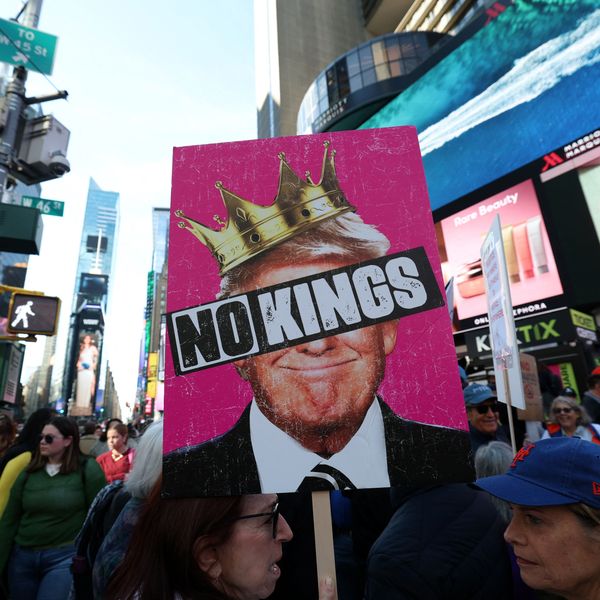Will Guantanamo still be open a decade from now? What about in 2050, a half-century after it opened? Years from now, will we still be protesting--every January 11- the grim anniversary of this site of injustice, torture, and detention without charge?
We hope not, and on Tuesday, we saw President Obama share our conviction that Guantanamo must close. He, too, harkened to a future where the US still holds people indefinitely and without charge:
And if, as a nation, we don't deal with this now, when will we deal with it? Are we going to let this linger on for another 15 years, another 20 years, another 30 years? If we don't do what's required now, I think future generations are going to look back and ask why we failed to act when the right course, the right side of history, and of justice, and our best American traditions was clear.
The immediate reaction from many members of Congress and other public officials was disdain for President Obama's commitment to closing Guantanamo. Exploiting the public's fear and genuine need for security, they argued Guantanamo should stay open -implicitly, until the 91 men who are held there die, and longer still. They want Guantanamo to remain open indefinitely as a permanent offshore prison for anyone who might be captured in this global, apparently endless war.
The stakes are nothing less than this:
- Will the United States keep Guantanamo open--and hold individuals without charge for decades and decades to come?
- Will prolonged detention without charge become the U.S. norm?
- Will the U.S. criminal justice system exist in parallel with a system of Life In Prison Without Charge?
We strongly disagree with aspects of the Obama administration's plan to close Guantanamo, including using military commissions that by design fail to meet international fair trial standards. And we are disturbed by President Obama's proposal to relocate several detainees to the U.S. mainland for detention without charge. That would recreate Guantanamo at home, entrench its fundamental flaws, and further perpetuate the violations of international law associated with it.
But we are gratified that President Obama has in some ways rejected the fear, hate and ignorance that underlie the continued existence of Guantanamo. What he did not mention is the serious risk that the phenomenon of Guantanamo will spread, i.e., that subsequent administrations will try to introduce preventive detention on national security grounds in the United States.
We are witnessing an alarming rise in anti-Muslim and anti-immigrant sentiment. It is easy to imagine a subsequent administration trying to fill Guantanamo --or a Guantanamo-style facility in the U.S. mainland--with new detainees. And it is all too foreseeable that U.S. courts would defy elastic detention standards argued for by a future administration. These standards could be applied based on prejudice and fear, with echoes of some of the worst chapters of U.S. history--including Japanese internment.
We have questions for the public officials who continue to parade "national security" as justification for keeping detainees at Guantanamo:
Where does this all end? And in your future vision, is there any place for human rights?


